Why Recovery is Important
Recovery is an important aspect of every training regime, however, it is a component that is commonly under-utilised. Whether you’re not allowing yourself enough rest between sets, training sessions or work-out days, you are doing yourself an injustice. This is because it is during the recovery process that our bodies experience their biggest adaptations.
Recovery allows our bodies to rebuild themselves by replenishing our glycogen levels and repairing our muscle tissue, so that we can tackle each training session with more energy, strength and endurance. In fact, overtraining, or not giving yourself enough time to recover, can actually inhibit your progress. Take weight lifters for example - each exercise they perform puts stress on the muscle, which creates small tears in their muscle fibers. During recovery, these microtears begin to repair themselves through a process called muscular hypertrophy, which promotes muscle growth. Without adequate recovery, this process is restricted, and so is their progress.

TYPES OF RECOVERY
Active recovery
Active recovery is done immediately after training. It involves low intensity exercises, such as walking, swimming and stretching, to help lower the heart rate, but also to keep the heart pumping oxygenated blood to the muscles. Active recovery is extremely beneficial as it helps reduce lactic acid build up, and alleviate the negative effects of delayed onset muscle soreness (DOMS).
Passive Recovery
Passive recovery occurs when your body is completely rested (or inactive). One of the most overlooked forms of active recovery is sleep. For the average adult, we require 7-9 hours of sleep per night to allow the body sufficient time to maximise its physical and mental recovery.
Another form of passive recovery is massage. Equipment such as foam rollers, massage guns and massage balls are all excellent and inexpensive ways to enhance the recovery process.
Nutrition
Nutrition is something that many people may not consider in their recovery, however, it actually has significant benefits. For example, eating enough carbohydrates and/or protein is an important part of the process in replenishing energy stores and to promote muscular hypertrophy.
Water consumption is also significant, as adequate hydration helps reduce DOMS, and flushes any nasties out of the body so you can feel 100% for your next session. Required water intake varies from person to person, but it is generally recommended we consume a minimum of 2 litres of water per day.



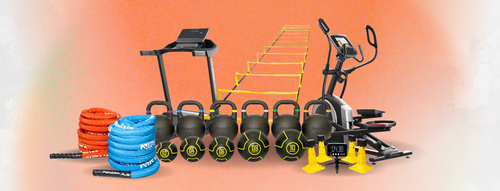
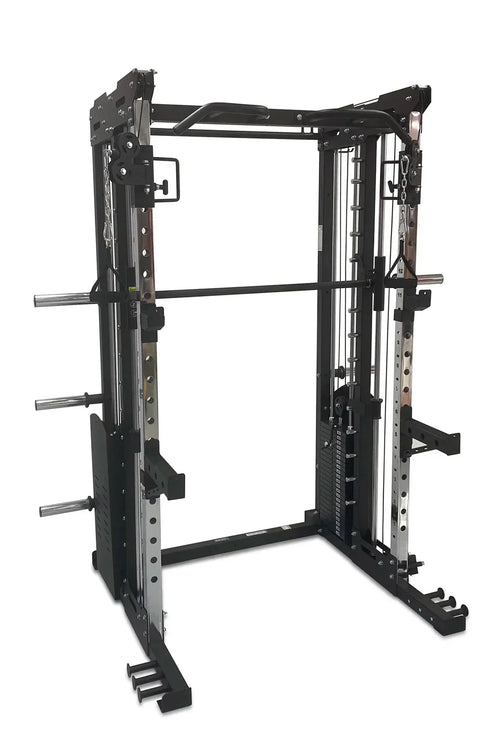
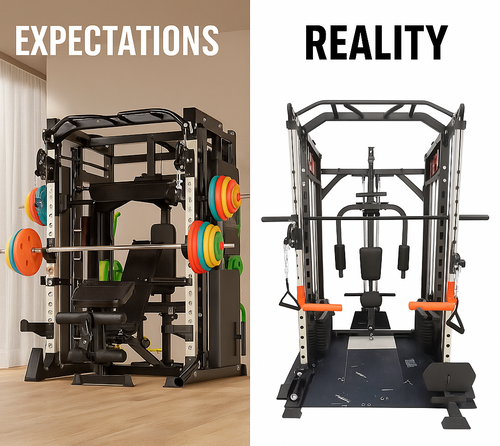
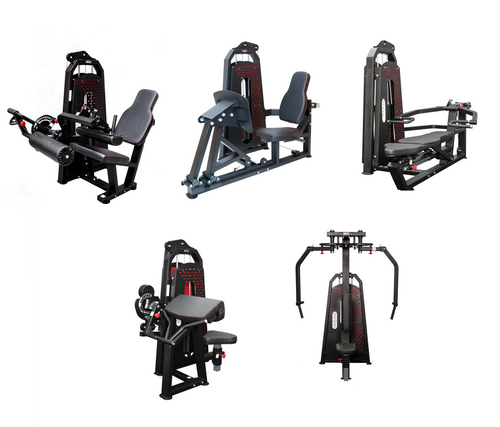
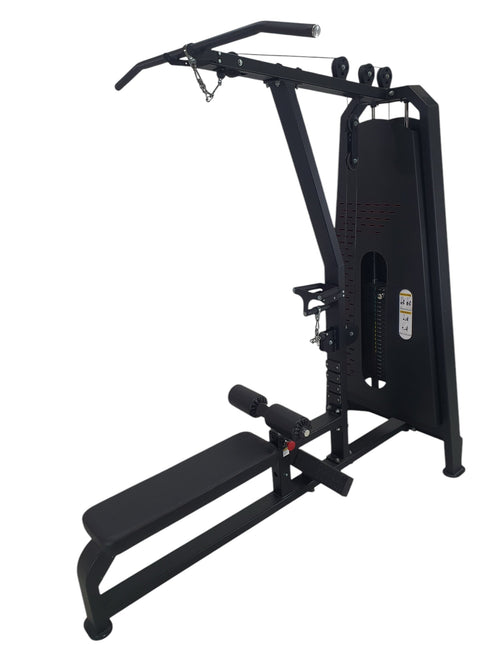
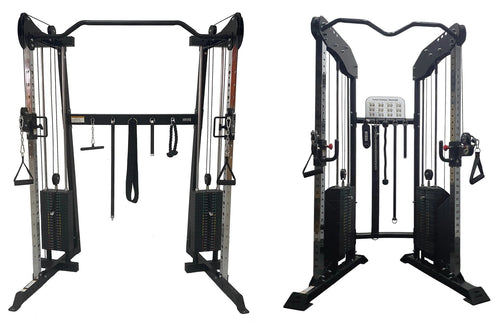

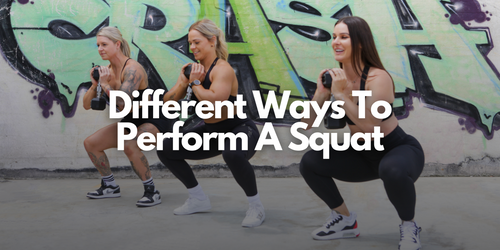

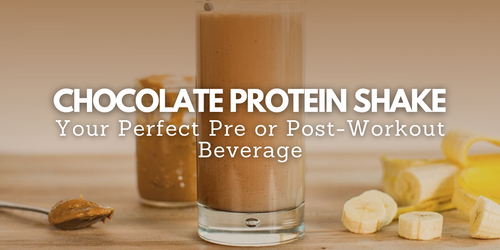
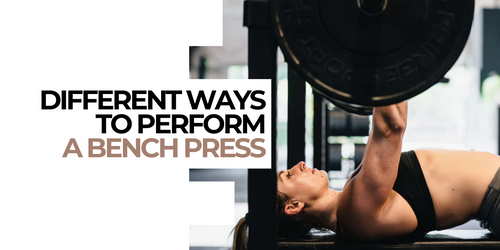
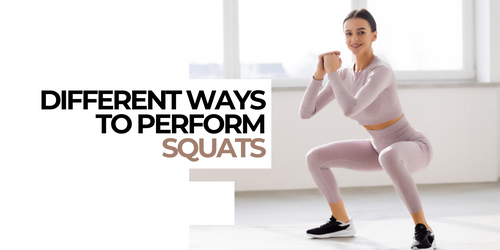

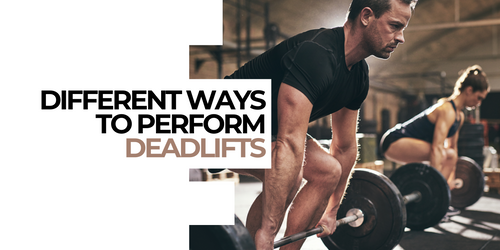



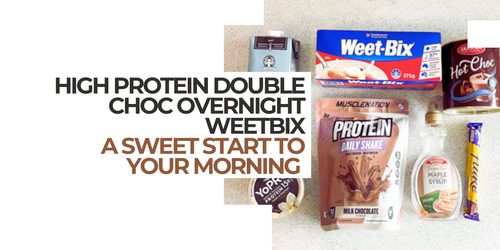
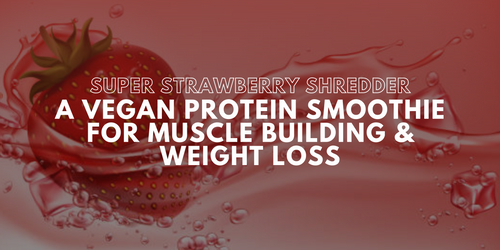

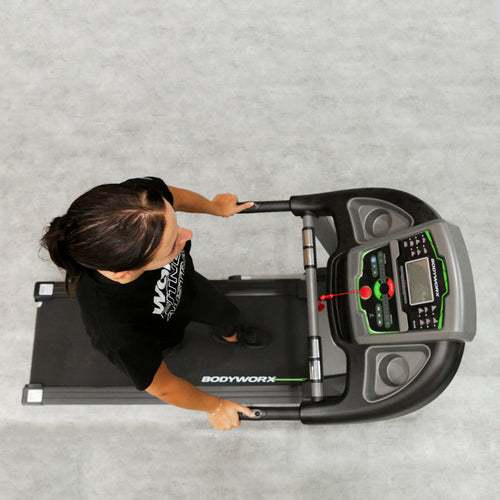
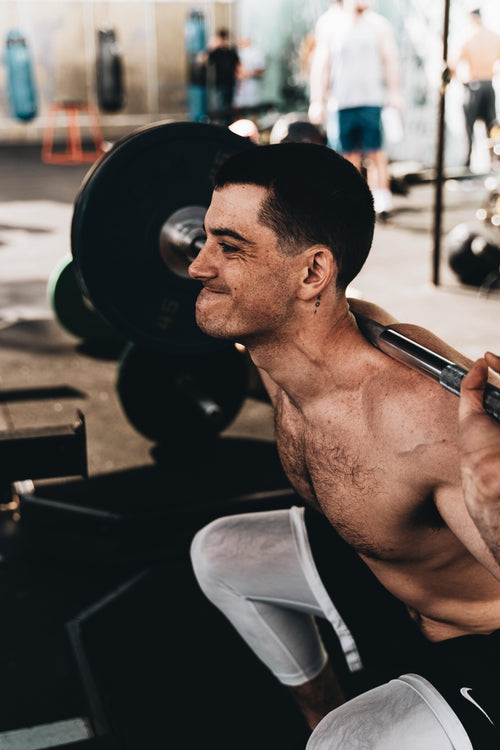

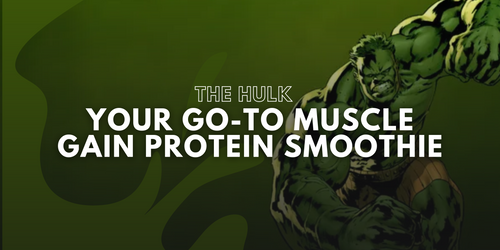
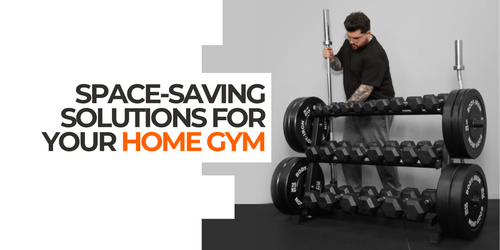
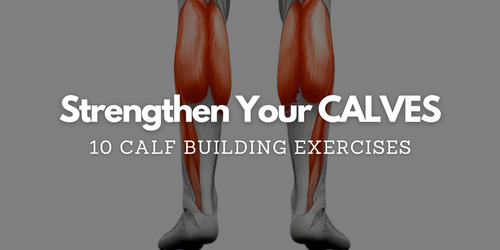
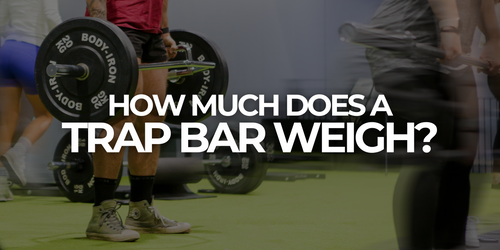
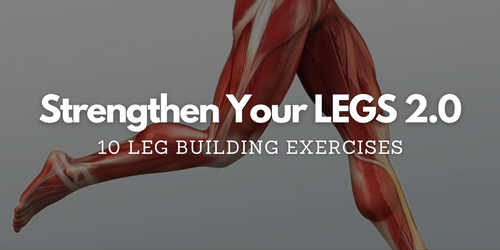
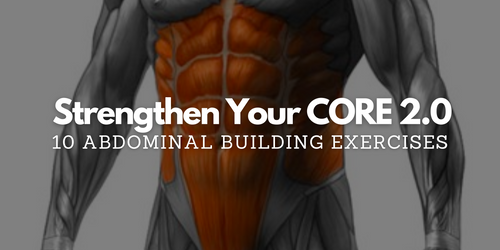


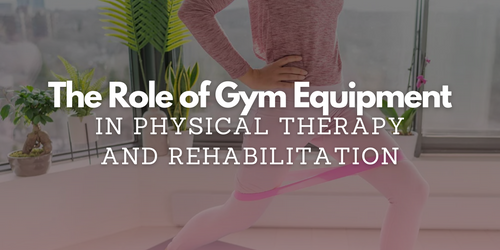
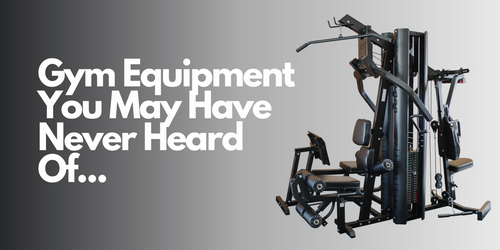
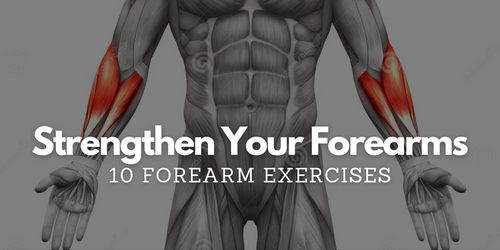

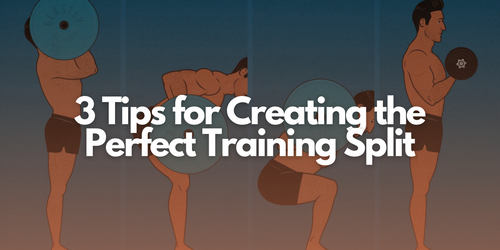
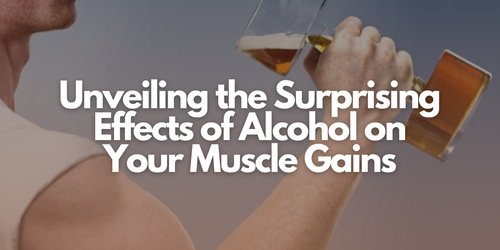
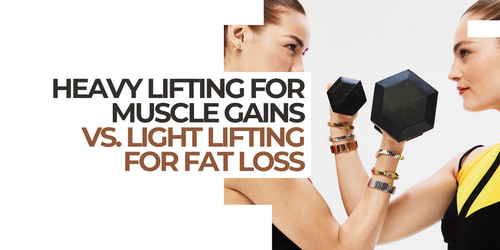
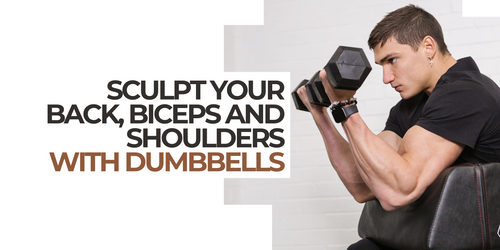

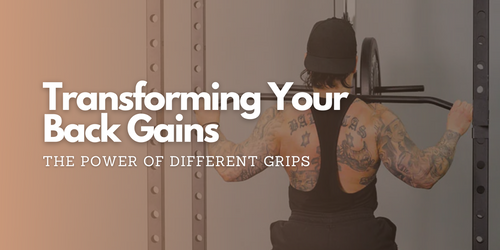
Leave a comment